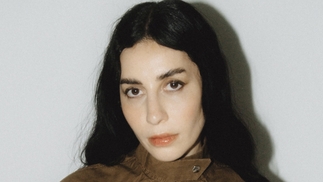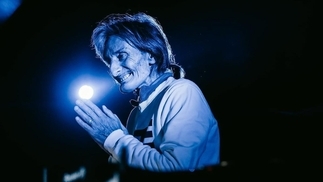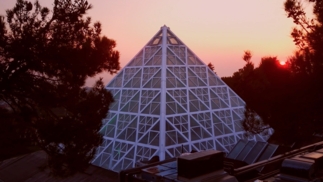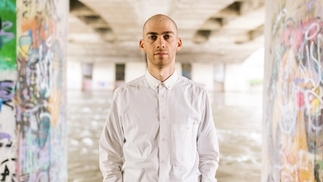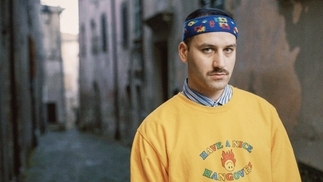Italian government announces illegal raves crackdown with up to six-year jail sentences for organisers
Invasive phone searches of suspected unlicensed event organisers could be allowed under the new motion by new far-right prime minister Giorgia Meloni
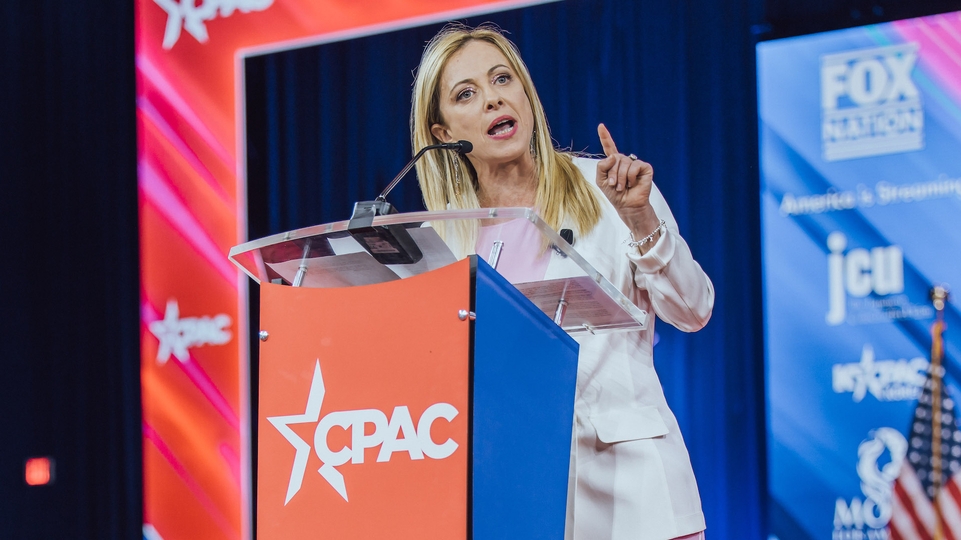
The Italian government announced it will be cracking down on illegal raves and punishing organisers with a maximum of six years' jail time and confiscating equipment.
Announced on Monday, 31st October, by newly elected far-right prime minister Giorgia Meloni, the heightened enforcement will affect unauthorised gatherings of more than 50 people, Reuters reports. Organisers of illegal raves could face jail sentences from three to six years, see their equipment confiscated, and, according to Italian publication la Repubblica, police would have permission to intercept and access suspects' phone calls and messages in early drafts of the motion. The final version of the motion is still to come.
The motion is a reaction to an unlicensed Halloween weekend rave that took place with more than 3,000 people at a disused warehouse in outer Modena. On Sunday, the new far-right interior minister Matteo Piantedosi ordered the eviction of Witchtrek 2K22, which was set to end today, Tuesday, according to the Guardian. (The ravers left the site "without trouble" by Monday afternoon, BBC reports, and "witnesses said they tidied up behind them".)
The motion was made out of concern of "public safety, public order or public health", IM Piantedosi said, and serves as a "signal" from PM Meloni and the neofacist-founded Brothers Of Italy party's new government. As well as flagging the possibility that the government could use this motion to go after protests and other anti-government gatherings, la Repubblica raised the concern that the permitted invasive investigation practices could pose a risk for all illegal rave attendees as the line between organisers and ravers isn't always clear, but also generally broaden the scope of state surveillance on the public.
Photo credit: Hermann Tertsch and Victor Gonzalez

